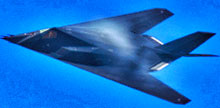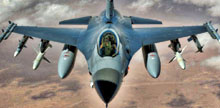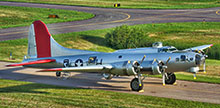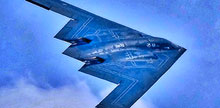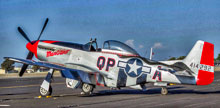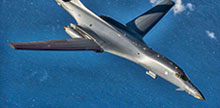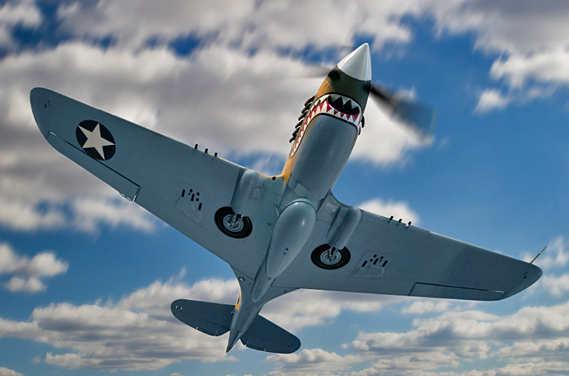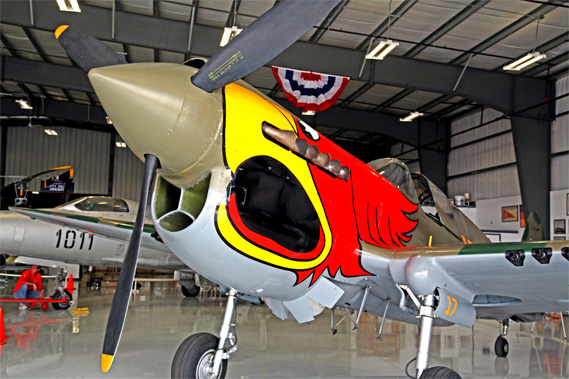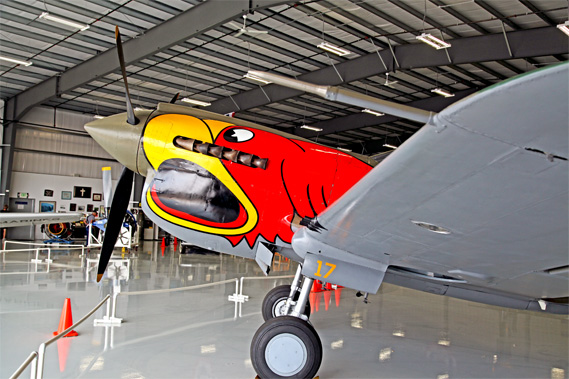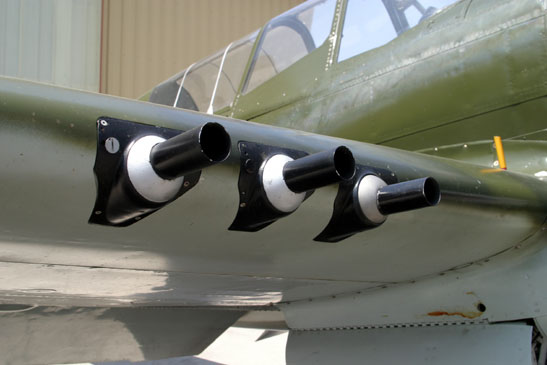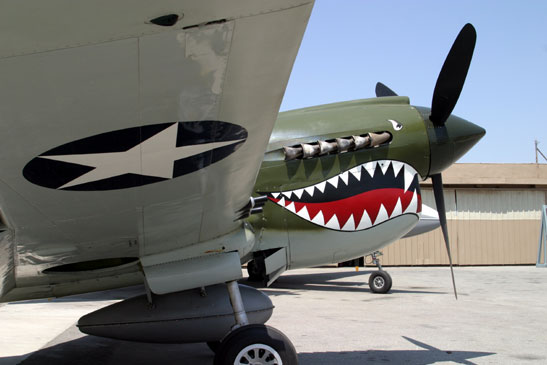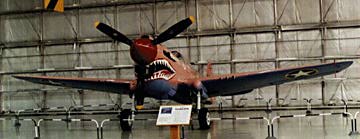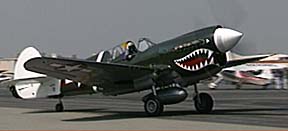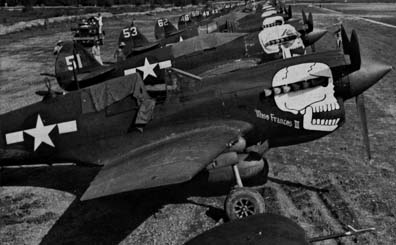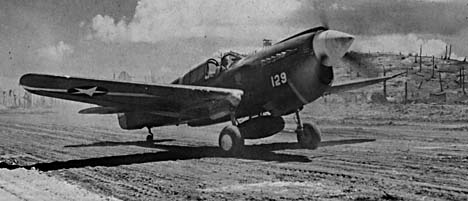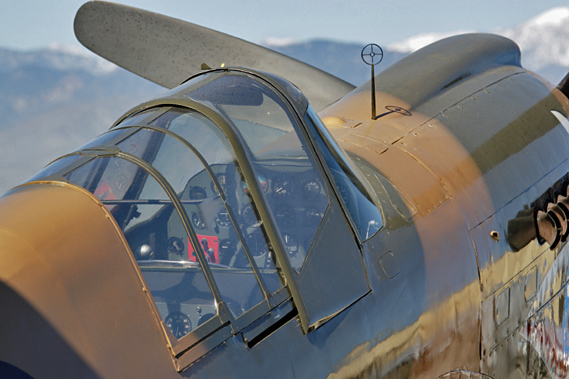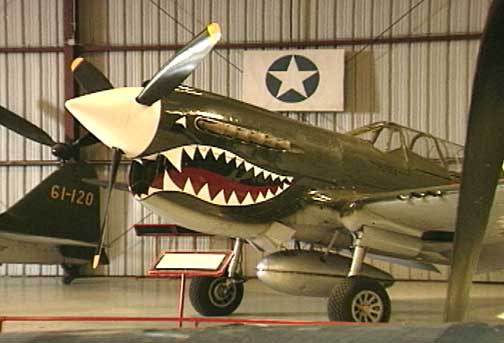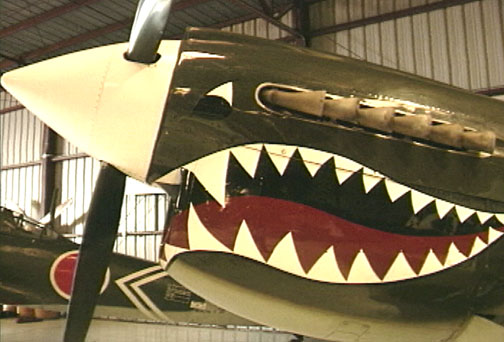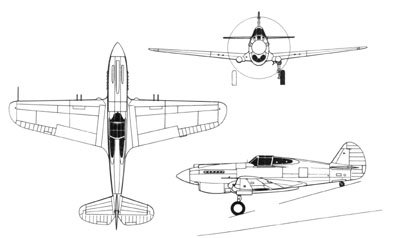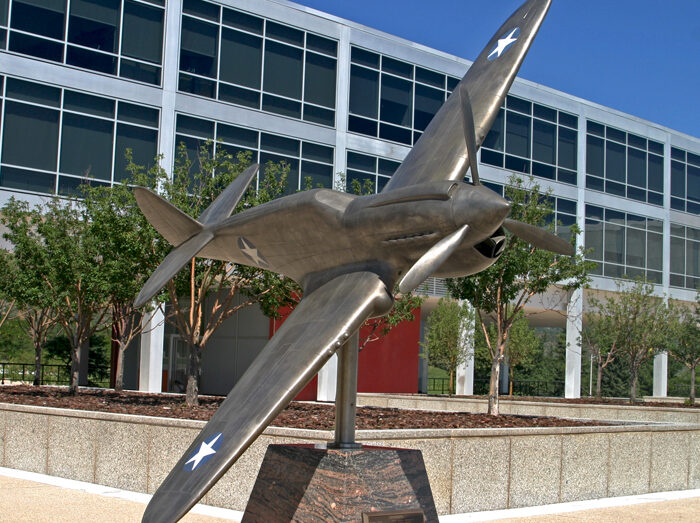P-40 Warhawks
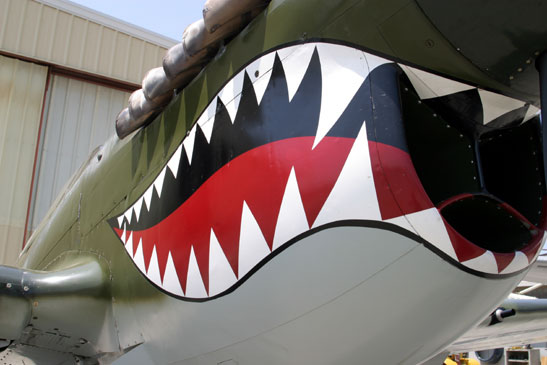
The Curtiss P-40 Warhawk was an all-metal fighter and ground attack aircraft that first flew in 1938. It was used by the air forces of 28 nations, including those of most Allied powers during World War II, and stayed in front line service through the end of the war.
A Brief History Of The Curtiss P-40 Warhawk
The Curtiss P-40 Warhawk was an all-metal fighter and ground attack aircraft that first flew in 1938. It was used by the air forces of 28 nations, including those of most Allied powers during World War II, and stayed in front line service through the end of the war. After the P-51 and P-47 it was the most-produced military aircraft in existence.
The P-40 was surprisingly nimble, especially at high speed and medium to low altitude. It was one of the tightest-turning monoplane fighters of its time, although at lower speeds it was surpassed by extremely maneuverable Japanese fighters such as the A6M Zero.
The P-40 functioned effectively in a wide variety of climates. Its semi-modular design made it easy to maintain in the field. What it lacked in advanced technology it made up for with strength: it was strong enough to survive accidental impacts and intentional ramming attacks from enemy aircraft. According to pilots it could “take a tremendous amount of punishment, violent aerobatics as well as enemy action”. The P-40’s operational range was good by early war standards.
Of the 13,738 P-40s built, only 28 remain airworthy today; three of them are being converted to dual-controls/dual-seat configuration. Some 13 aircraft are on public display, with another 36 airframes under restoration and slated for either display or flight.
|
Specifications |
|
|
Role |
Fighter aircraft |
|
Manufacturer |
Curtiss-Wright Corporation |
|
Designer |
Donovan Berlin |
|
First flight |
October 14, 1938 |
|
Propulsion |
|
|
Single-engine |
Allison V-1710-39 liquid-cooled V12 engine, 1,150 hp (858 kW) |
|
Performance |
|
|
Max speed |
360 m/h |
|
Max cruising speed |
270 m/h |
|
Initial rate of climb |
2,100 ft/m |
|
Service ceiling |
29,000 ft |
|
Max range (no reserves) |
560 nm |
|
Weight (empty) |
6,350 lbs |
|
Max takeoff |
8,810 lbs |
|
Dimensions |
|
|
Wing span |
37.33 ft |
|
Length |
31.67 ft |
|
Height |
12.33 ft |
|
Wing area |
235.94 sq ft |
|
Seating Capacity |
1 |
|
Armament |
|
|
• Guns: 6 × .50 in (12.7 mm) M2 Browning machine guns with 150-200 rounds per gun |
|
|
• Bombs: 250 to 1,000 lb (110 to 450 kg) bombs to a total of 2,000 lb (907 kg) on three hardpoints (one under the fuselage and two underwing) |
|

